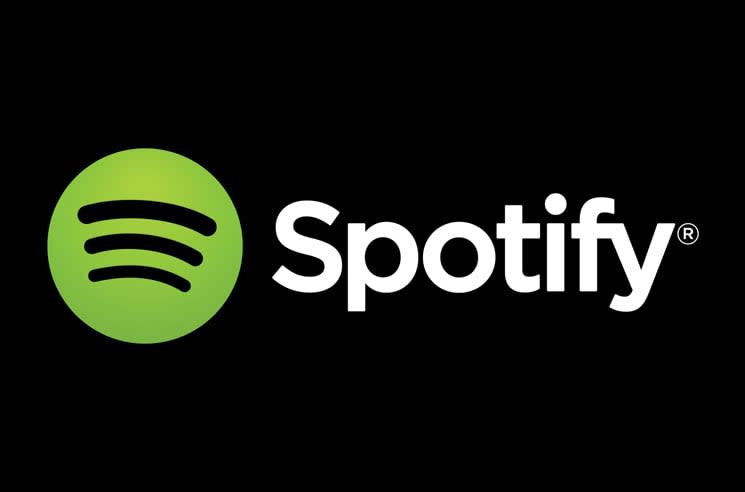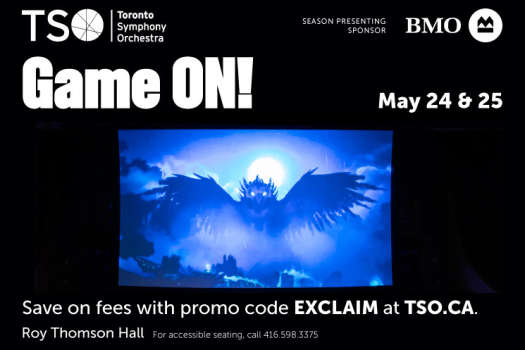Not only has Spotify changed how the world listens to music, the streaming service has now reinvented payola in announcing a new promo tool that promises further promotion of music for a lower royalty payout.
Today, Spotify — deemed "repugnant" and "immoral" by vocal critics of its business model — announced the impending test of a feature through which artists, labels and rights holders can promote specific songs within the service's autoplay and Radio algorithms.
"In this new experiment, artists and labels can identify music that's a priority for them, and our system will add that signal to the algorithm that determines personalized listening sessions," the company explains. "This allows our algorithms to account for what's important to the artist — perhaps a song they're particularly excited about, an album anniversary they're celebrating, a viral cultural moment they're experiencing, or other factors they care about."
Of course, the catch is that this visibility boost will be available at the cost of lower royalty payouts. While Spotify did not share how much lower that rate would be, the company has made it clear in the past that if you aren't making enough money, you aren't working hard enough.
The company writes, "Labels or rights holders agree to be paid a promotional recording royalty rate for streams in personalized listening sessions where we provided this service," noting that they remain the same if a listen comes outside autoplay and Radio to start.
"Listener satisfaction is our priority — we won't guarantee placement to labels or artists, and we only ever recommend music we think listeners will want to hear," the company concludes. "As we learn from this experiment, we'll carefully test expanding to other personalized areas of Spotify."
News of Spotify's feature test arrives a week after the American Union of Musicians and Allied Workers outlined entirely reasonable demands for the benefit of artists who "continue to be underpaid, misled and otherwise exploited by the company."
Today, Spotify — deemed "repugnant" and "immoral" by vocal critics of its business model — announced the impending test of a feature through which artists, labels and rights holders can promote specific songs within the service's autoplay and Radio algorithms.
"In this new experiment, artists and labels can identify music that's a priority for them, and our system will add that signal to the algorithm that determines personalized listening sessions," the company explains. "This allows our algorithms to account for what's important to the artist — perhaps a song they're particularly excited about, an album anniversary they're celebrating, a viral cultural moment they're experiencing, or other factors they care about."
Of course, the catch is that this visibility boost will be available at the cost of lower royalty payouts. While Spotify did not share how much lower that rate would be, the company has made it clear in the past that if you aren't making enough money, you aren't working hard enough.
The company writes, "Labels or rights holders agree to be paid a promotional recording royalty rate for streams in personalized listening sessions where we provided this service," noting that they remain the same if a listen comes outside autoplay and Radio to start.
"Listener satisfaction is our priority — we won't guarantee placement to labels or artists, and we only ever recommend music we think listeners will want to hear," the company concludes. "As we learn from this experiment, we'll carefully test expanding to other personalized areas of Spotify."
News of Spotify's feature test arrives a week after the American Union of Musicians and Allied Workers outlined entirely reasonable demands for the benefit of artists who "continue to be underpaid, misled and otherwise exploited by the company."




